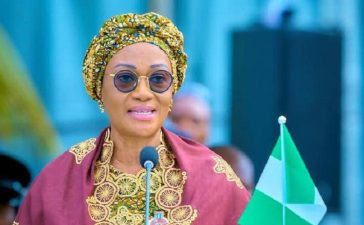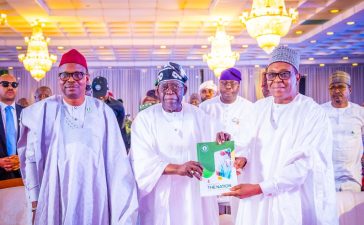The Monetary Policy Committee (MPC) of the Central Bank of Nigeria (CBN) announced significant tightening measures during its first meeting of the year. The key decisions include raising the Monetary Policy Rate (MPR) by a substantial 400 basis points to 22.75% from 18.75%.
The committee also adjusted the asymmetric corridor around the MPR to +100/-700 basis points, raised the Cash Reserve Ratio from 32.5% to 45.0%, and retained the Liquidity Ratio at 30%.
These measures were driven by concerns over escalating inflation and exchange rate pressures, with the committee emphasizing its commitment to curbing inflation despite acknowledging the trade-off with output growth.
The MPC deliberated extensively on various foreign exchange market distortions, expressing confidence in ongoing reforms to stabilize the market. Key reforms include unification, promotion of a willing buyer-willing seller market, removal of limits on margins for remittances, a two-way quote system, and broader reforms in the Bureau De Change (BDC) segment.
The committee also reviewed the banking system’s stability, urging the Central Bank to enhance resilience by recapitalizing banks.
Additionally, the MPC highlighted non-monetary factors impacting inflation, such as insecurity and infrastructural deficits, applauding fiscal policy initiatives aimed at reducing the cost of living for citizens. Key economic indicators reveal headline inflation rising to 29.90% in January 2024, with food inflation reaching 35.41%.
The global economic landscape, marked by tight financial conditions and geopolitical tensions, poses upside risks to domestic inflation. Despite challenges, real GDP growth improved in Q4 2023, reaching 3.46%, driven by advancements in both oil and non-oil sectors.
The Committee forecasts economic growth in 2024 ranging from 3.00% (IMF) to 3.88% (FGN). In response to these developments, the CBN will closely monitor global and domestic economies to ensure a moderation of inflationary and exchange rate pressures in the near term.







